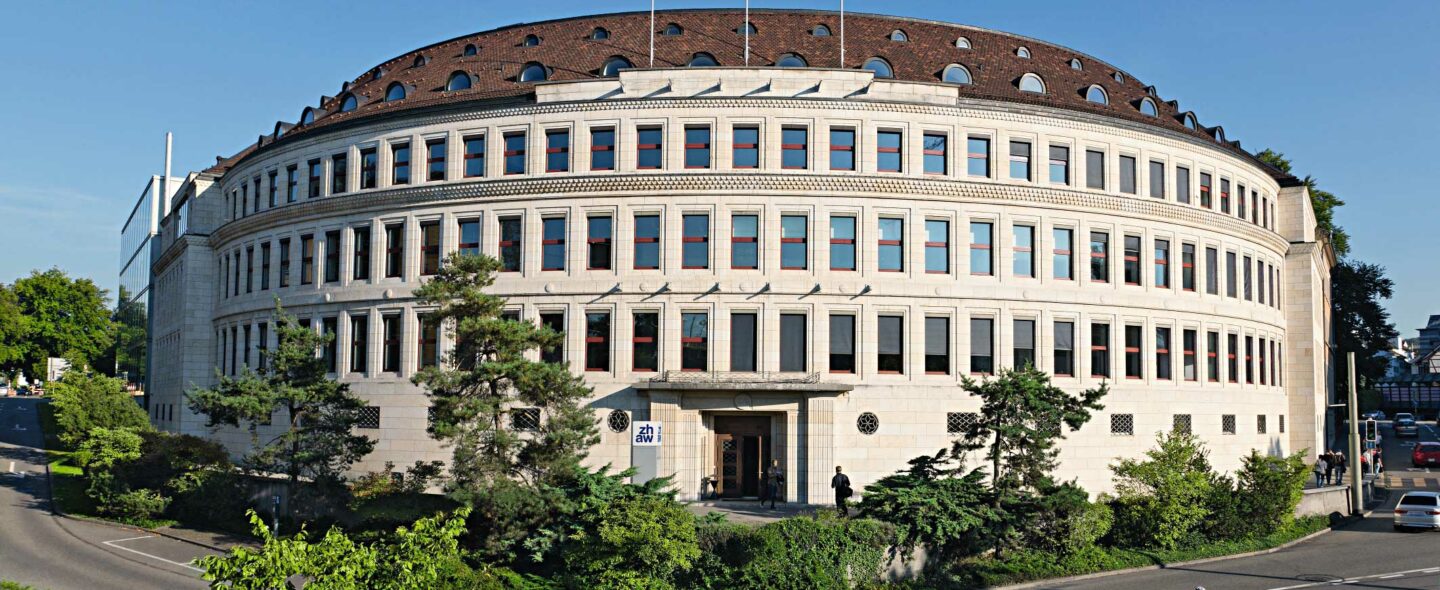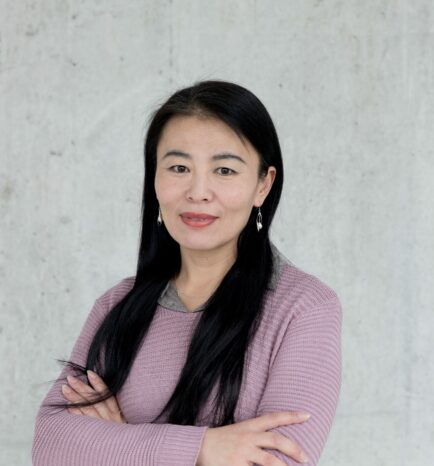
About
-
![]()
Bio
Dong Yang Meier
Research Associate, Lecturer, Senior Project Manager at ZHAW School of Management and LawDong Yang Meier is a research associate and lecturer at the Center for Culture & Creativity in International Business (C3IB) at the ZHAW School of Management and Law. She conducts research in the areas of cross-cultural management, Sino-European collaborations, identity leadership in M&A, creativity and craftsmanship etc. She actively teaches in regular undergraduate and graduate programs, develops innovative and hybrid teaching methods for flipped classrooms, and serves as a lecturer for executive education programs such as the MBA Executive Leadership Module. She holds a BSc in Telecommunications Engineering and an MSc in Business Administration with a specialization in Health Economics and Healthcare Management. She is currently pursuing her PhD at the University of Fribourg in Switzerland.
Would you like to say a few words about yourself and your area of research?
My name is Dong Yang Meier. I am originally from China, but I have been living and working in Switzerland for more than 20 years. In the first ten years, I gained various practical experiences in Swiss international business, and in the last decade, I worked as a research associate and lecturer at the ZHAW School of Management and Law (SML). At the Center of Culture & Creativity of International Business (C3IB), which is part of the Institute of International Management at the SML, I engage in research and teaching together with our Center Director Anna Lupina-Wegener and other colleagues in the areas of intercultural management, Sino-European collaborations, identity leadership in M&A, sustainability & CSR, luxury management, creativity and craftsmanship, etc.
How your research interests led you to pursue a sabbatical in China? What inspired you to apply for the sabbatical program at Swissnex in China?
Sino-Swiss cooperation is an important research and teaching theme of our Center C3IB at ZHAW SML, we have been addressing the above-mentioned topics in various industries for many years. In recent years, this topic has become even more important due to the increasing geopolitical tensions and changes in business practices caused by the Covid pandemic. It is very important to visit China again to grasp the latest development trends and exchange ideas with various companies and organizations on these topics.
Swissnex in China has always been a good address for us to develop our research ideas, seek collaborations with academic and business partners, and implement our projects. ZHAW has a long-term staff mobility program with Swissnex. Swissnex China’s wide network in business and practice as well as its reputation for providing attentive and reliable services, convinced me to apply for this program without hesitation.
How did Swissnex in China assist you in connecting with relevant actors?
We utilized the online application form to briefly outline our research focus, topics of interest, and the professionals or institutions we aimed to visit during our trip to China. Swissnex in China reviewed our application for feasibility and tried to fulfill our requests if they were in line with their scope of activities. We also took this opportunity to re-establish our previous contacts in China.
Would you mind sharing some insights or specific examples of how this sabbatical in China has influenced your perspective or approach in your field of research?
For example, we visited the Schindler company in Shanghai. I have often used the Schindler case in my lectures to explain the successful market entry and operating model in China as a traditional Swiss company. It is very interesting for me to visit Schindler’s modern campus which has been in operation since 2017, and talk to the HR director about their perspectives and challenges as well as their further engagement in China. This is very valuable for us as a research example. We spoke with the professor at Fudan University who is involved in M&A and discussed synergies in research and publications, as well as Italian companies in the luxury sector to learn about their business model, their experience with Chinese consumer behavior, and the opportunities for conducting executive training. Also, the keynote speech on “Influence of Culture and Identity Leadership on M&A” at the joint platform of Swissnex in China and China Crossroads, allowed us to have a lively exchange with the audience from the field and gave us further inspiration.
What has the experience brought to you? / How did you benefit from the experience?
On one hand, these experiences provide me with more practical knowledge, especially about current business practices and operating models. On the other hand, they give me inspiration for new research directions, as our research is mainly applied research from which advanced knowledge and best practices should be derived. This knowledge should be delivered back to companies through either state-of-the-art symposiums or customized executive training programs based on our ingrained expertise as an educational institute.
What are the next steps of your research collaboration with China?
We have, for example, applied for the SNSF research grant on the above-mentioned research topic and talked about joint research projects with various universities and consulting institutions. We could also further develop executive education with other universities. We plan to establish a Sino-Swiss (or Asian – Swiss) Research and Learning Lab to create synergies from all these activities.
What advice would you offer to other researchers considering applying for the sabbatical program, and how can they make the most of the opportunity?
China continues to be an important part of the global economy and a very interesting country from a cultural and economic perspective. A sabbatical program in China or Shanghai can broaden the perspective of researchers, regardless of whether their work is directly related to China. Researchers applying for the sabbatical program should obviously have a thematic focus they want to study, but they should also be open to talking to people from different fields and experiencing the vibes of daily life in such a huge country.
Discover more about delegations and sabbatical programs at Swissnex in China
